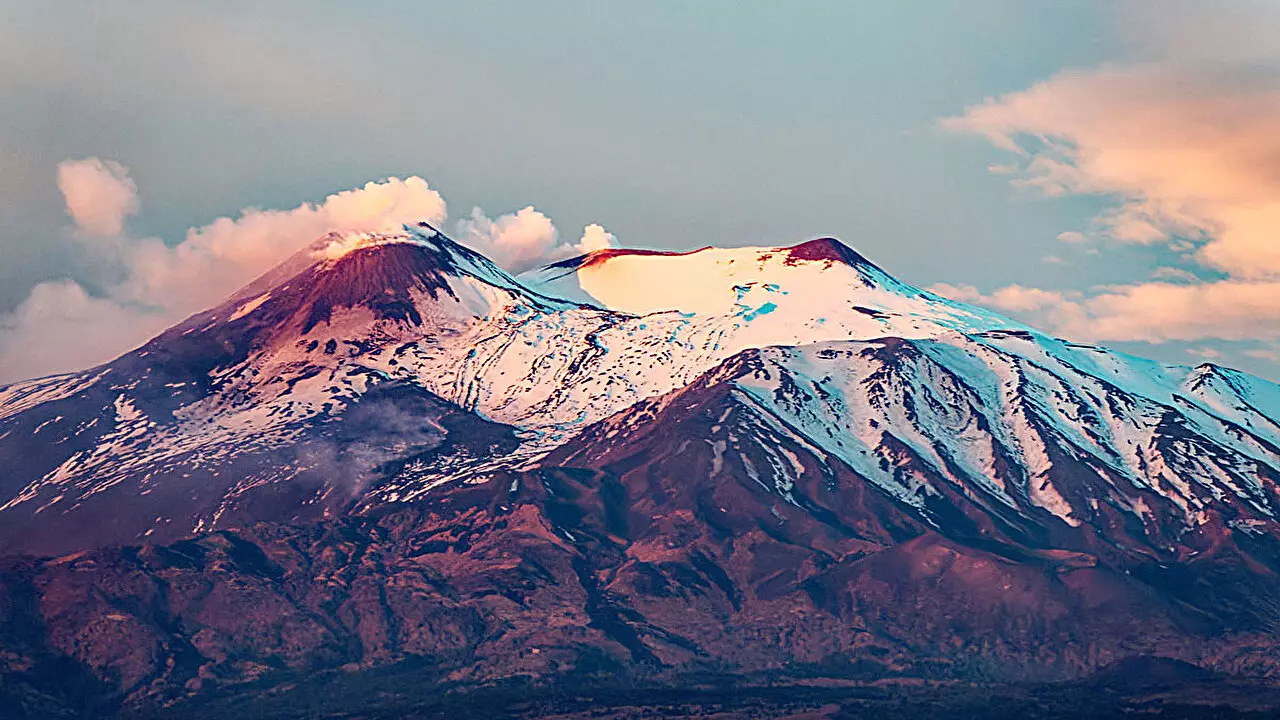

Mount Etna, Europe’s tallest and most active volcano, sits at the collisional zone of the African and European tectonic plates. Unlike most subduction zone volcanoes, which derive their magma from melting in the mantle above sinking tectonic plates, Etna’s magma sources are shrouded in mystery due to its complex tectonic setting marked by mountain chains, fault systems, and active tectonics.
Traditionally, seismic tomography studies have relied on isotropic assumptions, where seismic waves are expected to travel through the crust and mantle at a uniform speed regardless of the direction they propagate. While this technique can provide a basic understanding of a region’s structure, it lacks precision and may lead to misinterpretations of seismic wave velocities, which can be mistaken for variations in Earth’s composition or thermal properties.
In a groundbreaking study, R. Lo Bue and colleagues used P wave anisotropic tomography to delve into the depths beneath Mount Etna. By considering the directional dependence of seismic wave speeds, this technique offers a more detailed and accurate representation of the volcano’s subsurface structure, shedding light on previously unanswered questions about Etna’s magma sources.
Analyzing earthquake data from 2006 to 2016, collected from a network of 30 seismometers around Mount Etna, the researchers identified fluid magma in the crust and outlined potential pathways for it to reach the surface. This innovative approach not only enhances our understanding of the volcano’s inner workings but also provides valuable information for improving volcano monitoring efforts.
As researchers continue to explore the capabilities of anisotropic tomography, it holds great promise for advancing our understanding of volcanic systems like Mount Etna. By revealing the intricate details of magma movement within the crust and considering how geological structures such as faults and fractures influence these processes, this technique may revolutionize volcano monitoring and eruption prediction strategies in the years to come.
In the realm of software development, the ability to swiftly and accurately address bugs is…
The realm of quantum computing and communication is not just an abstract dream anymore; it…
In a remarkable leap for the field of material science, a collaborative research initiative has…
Throughout Earth's vast history, our planet has endured five major mass extinction events that reshaped…
Rainfall is a vital element of our planet’s hydrological cycle, yet many aspects of its…
On a night when the universe aligns, a mesmerizing phenomenon awaits: the appearance of the…
This website uses cookies.